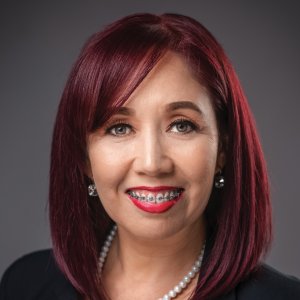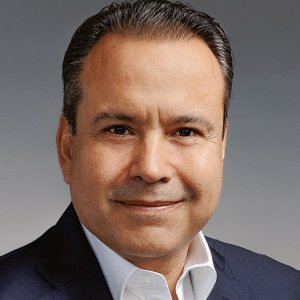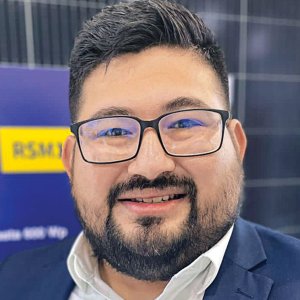Assessments, Social Investment Ensure Project Success

STORY INLINE POST
Even if the authorities give energy companies a green light to carry out projects, conflicts commonly arise when there is no alignment between those companies and the communities in which they want to work. Millions of dollars can be lost in delays when no social impact consultation is done.
Daniel Ehrlich, Director General of social development and strategic impact consultancy firm Enûma, says these problems can be prevented by creating a community engagement strategy that focuses on social investment. “We offer our clients the possibility to avoid these problems through our value proposition and social impact assessment,” he says. “Enûma positions itself in the center, working with companies, communities, local NGOs and authorities to combine efforts and make projects a trouble-free reality. Integrating all these factors is Enûma’s added value.” The company adapts strategies based on the client’s ability to both invest in and engage communities, the community’s needs and the doubts they have about the project
. Enûma’s main focus is on the energy sector as the company was created to offer compliance services with the new social requirements that resulted from the Energy Reform. “Our biggest customers are mainly oil, gas and solar energy companies,” he says. “But Enûma can work with any project that requires community engagement.” For instance, the company did an SIA for a transportation system in the state of Queretaro that was funded by Banobras and needed to comply with the Equator Principles.
These principles, based on the IFC Performance Standards on Environmental and Social Sustainability, are used by major institutions such as Banco Santander, Barclays and Citigroup to ensure projects that receive investments are socially and environmentally aligned with international standards. Ehrlich believes it is a key achievement that SIAs are a legal requirement for any energy project, but there are still challenges to advance these standards and practices in Mexico. Ehrlich says the SIAs that the Ministry of Energy requires have adopted some Equator Principles and specific formats were published for projects to be considered plausible by CRE or CNH. “These formats are a good start but they are not yet complete, nor do they cover all the points outlined in the Equator Principles or the IFC standards,” he adds. “Because SIAs are still a new thing, the Ministry of Energy is usually overwhelmed by work and SIAs are not revised within the stipulated 90-day span.”
Enûma’s SIAs include a stakeholder mapping to understand the existing relationships within and outside the communities. The company’s alliance with Grupo Atalaya, a strategic risk consultancy, helps it understand the impact of political factors on communities. “Mexico faces a negative international perception on security and organized crime issues,” says Ehrlich. “We have to deal with these issues both to assess project risks and to improve the country’s image in the eyes of foreign investors to reduce their risks.” Enûma uses the provided information to design and develop better strategies for its SIAs. This gives the company a strategic advantage as it can go beyond legal requirements to help them through the entire project’s lifespan, he adds.
When explaining how Enûma adds value to its clients’ projects, Ehrlich points to a Round 1.3 winner. The process ended in a plan to build two community centers that promoted social engagement within the communities. According to Ehrlich, Enûma identified a social problem in one of the communities and came up with a project to harvest rainwater and purify it. The other community center focused on becoming a space for social entrepreneurs to offer solutions to the community. Finally, Enûma offered a follow-up on the community engagement scheme to ensure that everything was going according to plan. “Our client was really pleased with Enûma’s services. We took care of everything with an integral and systematic approach,” says Ehrlich.























